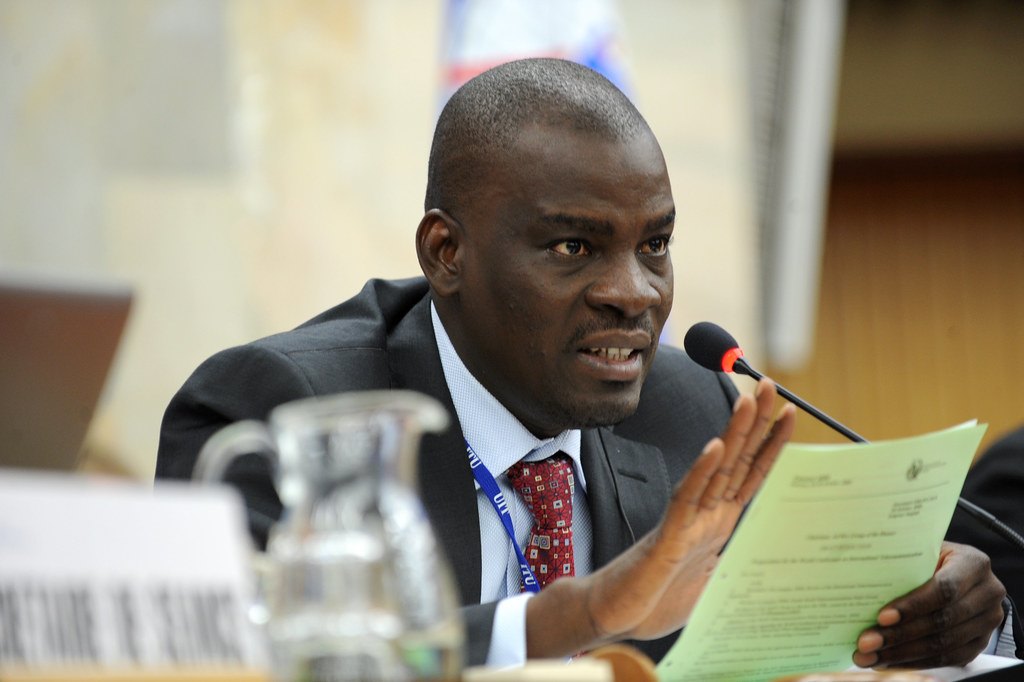
The Minority in Parliament has registered dissatisfaction with the government's Debt Exchange Programme.
According to the Minority, it is threatening the very survival of "our financial sector."
"Today, Ghana is rated alongside Sri Lanka and Lebanon, what an irony! a reflection of the horrendous mismanagement of the economy. It is no secret that Ghana today is in debt Distress. This has been confirmed by both the finance minister and the International Monetary Fund (IMF)," the Minority Leader, Haruna Iddrisu stated.
Suspend programme
The Minority has therefore called on the government to immediately suspend the domestic debt exchange (DDE) programme and embark on a thorough dialogue with stakeholders to achieve the best workable measures for smooth operation of the debt exchange programme.
It said the debt exchange programme in its current form would create extreme hardships for millions of Ghanaians and existing financial institutions.
“Not paying them any interest in 2023 would effectively sound the death knell to these banks with its attendant consequences on depositors and employees who would have to be laid off,” he added.
The programme, he said would also affect the value of tier two and tier three pension funds Pension as payouts were likely to drop further from their already low levels







0 Comments